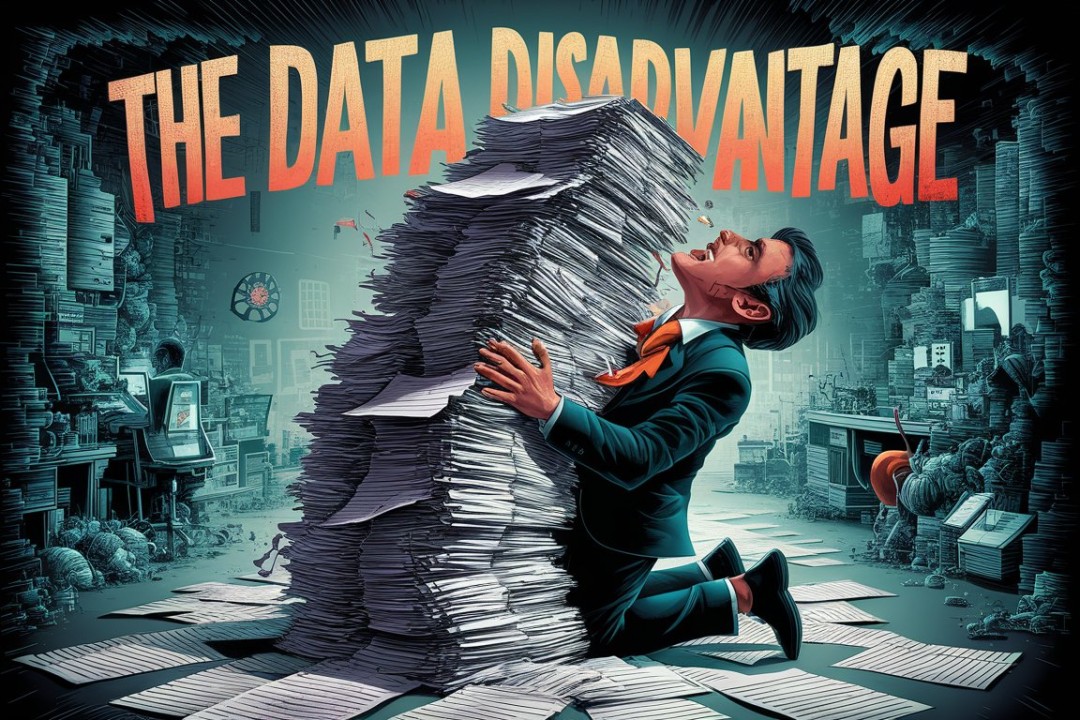
The Data Disadvantage: Why Non-Digital CRM Practices Could Be Choking Your Business Growth
The Impact of Non-Digital CRM on Business Efficiency
Non-digital or manual Customer Relationship Management (CRM) systems represent a significant bottleneck for businesses. Without the benefits of automation and real-time data analysis provided by modern CRM solutions, companies may struggle with inefficient data handling, leading to slow response times and decreased customer satisfaction. Modern CRM technologies not only streamline data processes but also enhance the accuracy and accessibility of customer information, facilitating more informed decision-making and efficient operational processes (Copper).
Financial Repercussions of Inadequate CRM Practices
The financial implications of sticking with outdated CRM practices are substantial. Companies that fail to implement modern CRM solutions forego the benefits of automation and advanced data analytics, which can significantly boost revenue and reduce operational costs. For instance, businesses that excel in personalization—a key feature of advanced CRM systems—can generate 40% more revenue from their efforts compared to their less adept counterparts (McKinsey & Company).
Cost of Missed Opportunities
In the digital age, customer expectations are continually evolving. Consumers expect personalized interactions and swift, efficient service. Companies relying on outdated CRM methods often cannot provide the level of personalization and responsiveness that modern consumers demand, leading to missed opportunities and potential revenue losses. The inability to leverage data effectively can also hinder a company’s capacity to innovate and adapt to market changes, putting them at a disadvantage against competitors who utilize advanced CRM strategies (McKinsey & Company).
Enhancing Customer Relationships with Digital CRM
Adopting modern CRM systems allows businesses to enhance customer engagement through personalized communication and tailored services. These systems provide comprehensive insights into customer behaviors and preferences, enabling companies to craft marketing strategies that resonate more effectively with their target audience. Additionally, advanced CRM tools support better customer service practices by automating responses and providing service agents with complete customer histories, leading to quicker and more effective problem resolution (Copper).
Key Takeaways
- Boosted Efficiency: Digital CRM systems streamline customer data management, enhancing operational efficiency and reducing costs.
- Increased Revenue: Effective data utilization through modern CRM can lead to higher personalization, resulting in increased sales and customer loyalty.
- Improved Decision Making: With better data at their disposal, businesses can make more informed decisions that align closely with market demands and customer needs.
- Enhanced Customer Satisfaction: Quick, personalized responses made possible by digital CRM systems significantly improve customer satisfaction and retention.
Embracing digital CRM is not merely a technological upgrade but a strategic necessity that can dictate the future growth trajectory of a business in a competitive landscape.
Read How Non-Digital Businesses are Losing to Tech-Savvy Competitors
